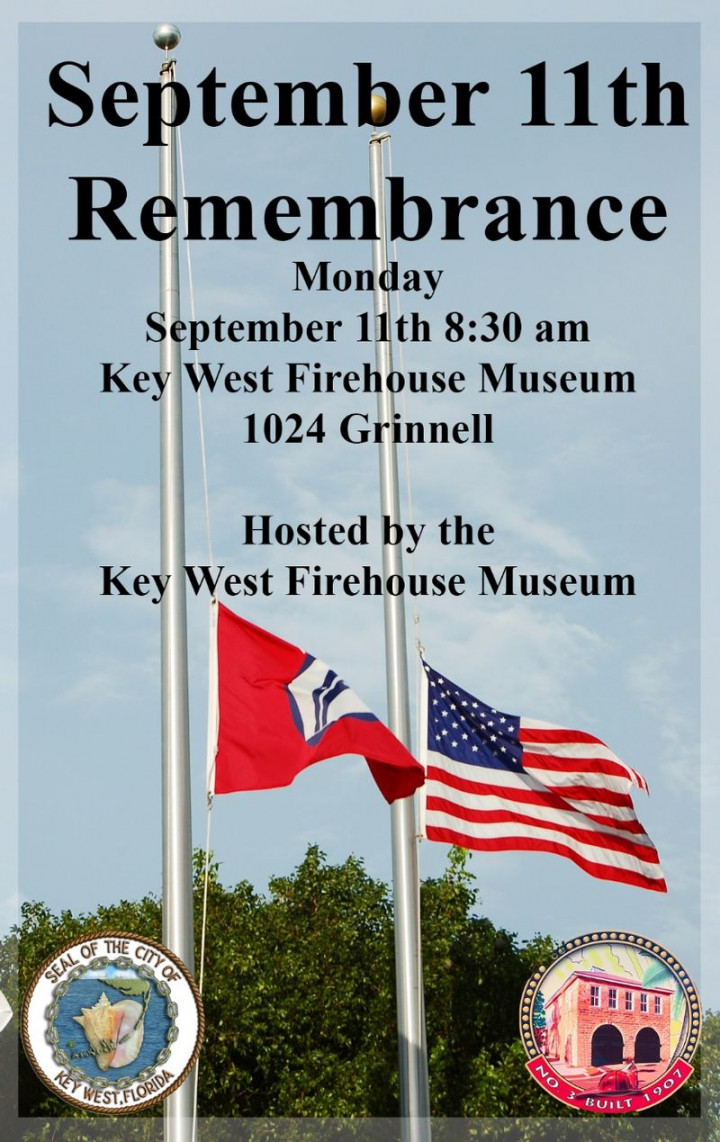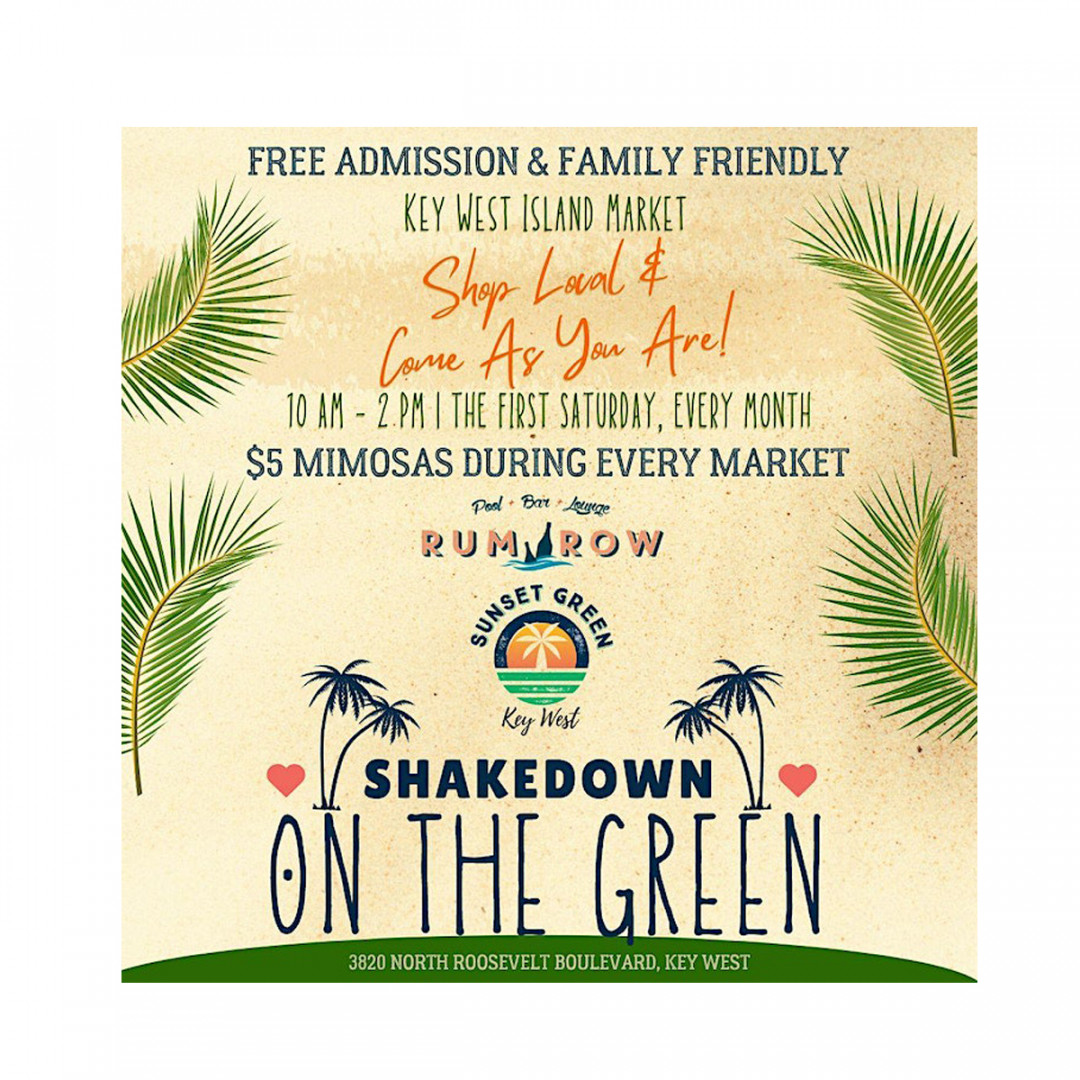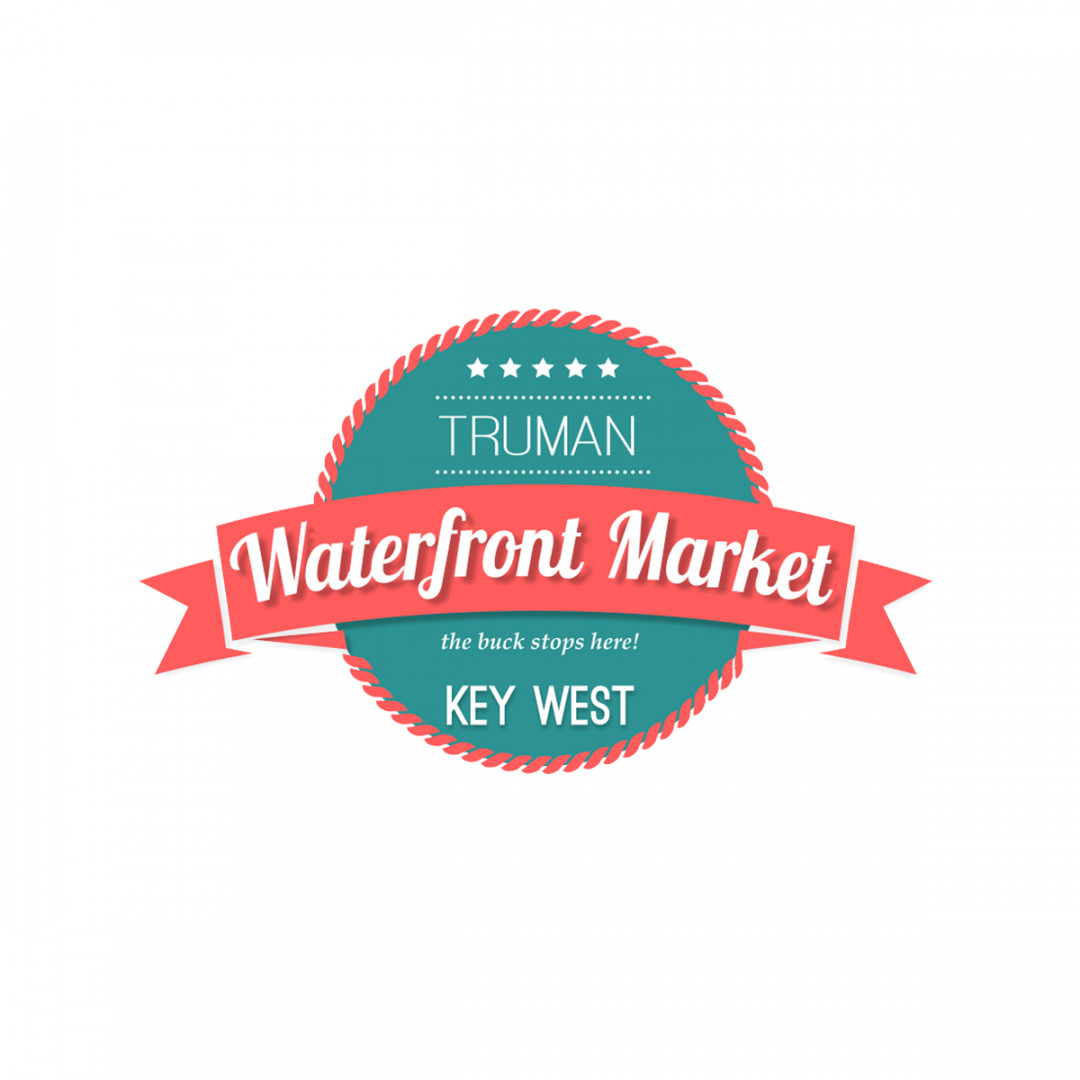In Key West, Where Buffett Met His Muse, the Tributes Flow
A small shrine of flowers appeared in front of Margaritaville in Key West, Fla., on Saturday. There were more flowers outside Shrimp Boat Sound, Jimmy Buffett’s low-key recording studio along the docks of the Historic Seaport, where fans of the singer also placed a six-pack of beer, a copy of one of his books and, of course, a shaker of salt.
For residents of the southernmost city in the continental United States, Saturday was a day to mourn and toast the singer who died at 76 on Friday and who, with his 1977 anthem “Margaritaville,” made himself and his onetime home famous.
Key Westers posted tributes on social media, dropped well-wishes at the Margaritaville restaurant and store — the Buffett businesses that started here and expanded into an empire of hotels, products like Landshark Lager, and more — and started planning a celebration of Mr. Buffett’s life for Sunday, starting at, naturally, 5 p.m. “It’s Five O’Clock Somewhere” was a chart-topping country duet Mr. Buffett recorded with the singer Alan Jackson in 2003.
Megan Burgess, 55, learned of the singer’s death when a friend texted her at 5:35 a.m. She has lived in Key West for 10 years and first visited 20 years ago — because of Mr. Buffett’s music. She fell in love with the island and started returning every year.
“Every time I left, I would cry,” she said. She tried to hold on to the vibe back in Fort Edward, N.Y., where she worked for Washington County’s social services department and surrounded herself with reminders of Key West and Mr. Buffett. “My little tiny office looked like a tropical paradise to get me through until I could get here again.”
Stephanie and Matt Ginthner drove down from their home in Islamorada, about 80 miles from Key West, to pay their respects at Shrimp Boat Sound. There are no signs there, but its ownership was an open secret among locals. Ms. Ginthner, 31, grew up going to Mr. Buffett’s shows with her parents, singing along to raunchy lyrics before she understood them. Going through winters in Hunterdon, N.J., she longed to visit the Florida Keys.
The music “made you happy,” she said. “It made you dream that there was something more to life. When I came here, I understood, and it got in my soul and I couldn’t leave.”
For several generations now, Mr. Buffett’s music has helped define Key West for the world and, to some extent, itself. He arrived on the island in the early 1970s as it was undergoing an economic and cultural transition.
The naval station that had been the foundation of the local economy for decades was about to close. The big-time tourism, which would eventually be partly fueled by Mr. Buffett’s portrayals, had not yet started. Many locals turned to marijuana smuggling, just as they had turned to rumrunning during Prohibition. And just like in those days, many local authorities turned a blind eye.
He used this place “as a muse,” said Cori Convertito, 45, the curator and historian for the Key West Art and Historical Society. “The attitude, the drug running, the way that the ’70s were, for his attitude and his vision for his own life.”
Dr. Convertito added: “It was exactly what he needed as a form of inspiration. This island was not short of characters at the time.”
With “Margaritaville,” “Changes in Latitudes, Changes in Attitudes” and other songs, Mr. Buffett rose to national fame and became as much of an icon for Key West as another artist who arrived during an economic downturn: Ernest Hemingway.
Both found a subtropical small town with a nonjudgmental attitude and colorful people, from local fishermen to fellow artists. And while Hemingway won a Nobel Prize and people still line up to tour his Key West home, Mr. Buffett’s influence on the place is more significant, Ms. Convertito said.
She said she was surprised at how many locals were posting tributes to the singer — people she had not thought of as fans.
“There’s something about the way he built his empire on that laid-back attitude — everybody is chill, relaxed, have a drink, get out on the water,” she said. “Even if you don’t specifically like his songs, you like what his songs reference.”
Mr. Buffett left the Keys as his primary home in the late 1970s. According to William McKeen’s 2011 book “Mile Marker Zero,” Mr. Buffett and his wife, Jane, “were starting a family, and if there was one thing that Jane Buffett knew it was that Key West was no place to raise a child.”
But Mr. Buffett kept homes on the island and would drop in to go fishing, record at his studio and, sometimes, make impromptu appearances at the Margaritaville Cafe or the Meeting of the Minds, the annual autumn gathering of Parrot Heads, as his fans are affectionately called.
“He maintained being low-key here as long as he could,” said Tony Falcone, 78, who also arrived in Key West in the 1970s and owned the store Fast Buck Freddie’s that shared the old Kress building on Duval Street with Margaritaville. “As Key West grew in popularity, it was harder.”
“He sold the concept and the idea of Key West because he loved Key West,” Mr. Falcone said. “And he stayed with that. His music never really changed, and I think that’s what people loved about him. It’s this fantasy of living in Margaritaville.”
Mr. Buffett played his final gigs on the island in February, when he started his Second Wind tour at the city amphitheater on former Navy property along Key West’s harbor front. Tickets sold quickly, with prices hiked by resellers, disappointing many of the locals who had been lured to the Keys at least partly by Mr. Buffett’s depictions of the place.
Ms. Burgess scored some tickets through a connection at the last minute and said it was the best Buffett show of the eight to 10 she saw over the years. The singer told stories about his origins on the island, 50 years after releasing his first Key West-inspired tunes.
“The joy at that show was palpable,” she said.
A couple of days after the amphitheater shows sold out, word went out locally that Mr. Buffett was adding a couple more, at a local theater. Those tickets were not available online — you had to line up at the box office and show local ID, and you could get only two at a time.
Just like the old days.



